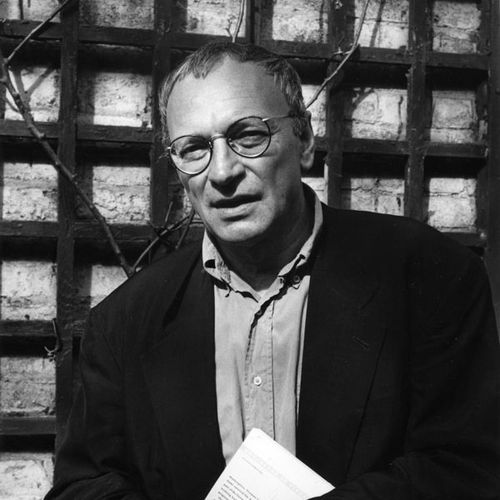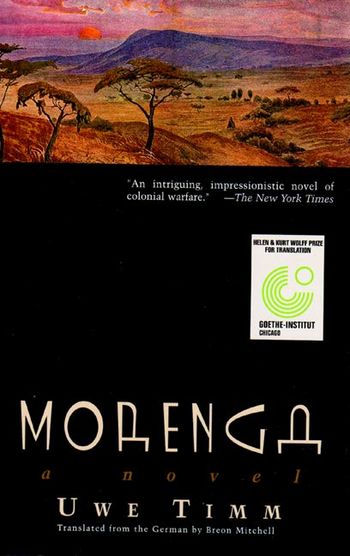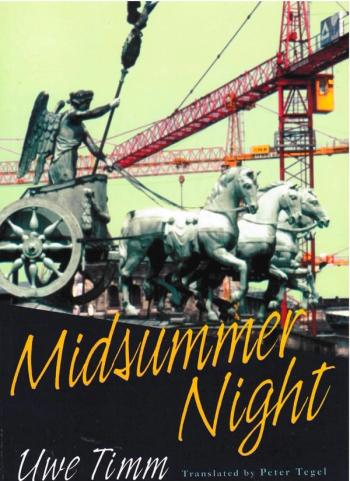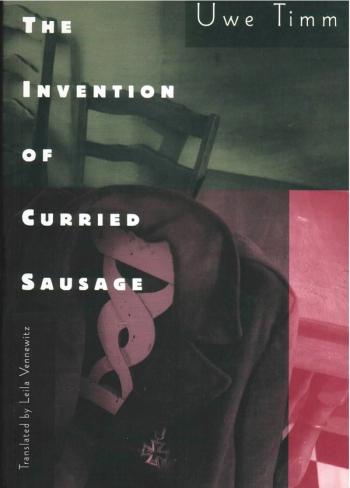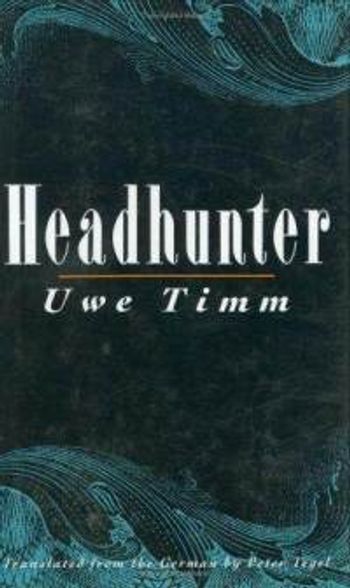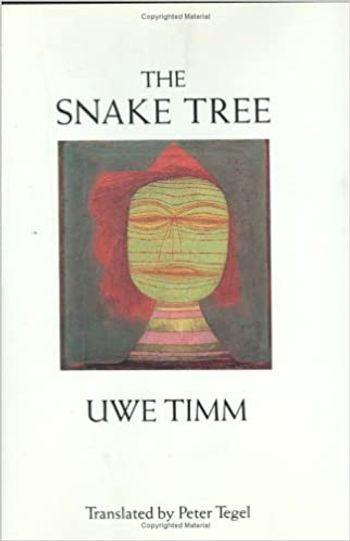Uwe Timm
Uwe Timm was born in Hamburg, Germany in 1940. After primary school he apprenticed as a furrier before attending college. He studied philosophy and German philology in Munich and Paris with a dissertation on the “Problem of Absurdities.” He received his PhD in 1971 and was a co-founder and editor of AutorenEdition from 1972 to 1982. Timm served as a writer-in-residence at University of Warwick, Swansea, and Washington University in St. Louis. His writing has been incredibly well-received and among his awards are the Munich Literary Prize, the Literature Prize of the Bavarian Academy for Fine Arts, the Schubart Literary Prize, and the Heinrich Böll Prize. Timm is one of the most successful contemporary authors in Germany and his books The Invention of Curried Sausage and In My Brother’s Shadow are often included on the syllabi of German schools. His writing often centers around history, politics, and colonialism and his works have been translated into nineteen languages. Through his writing style Timm tries to imitate the way that stories are told orally. Timm has also written children’s books and his story Rudy, the Racing Pig was turned into a movie. Today he lives in Munich and Berlin.
